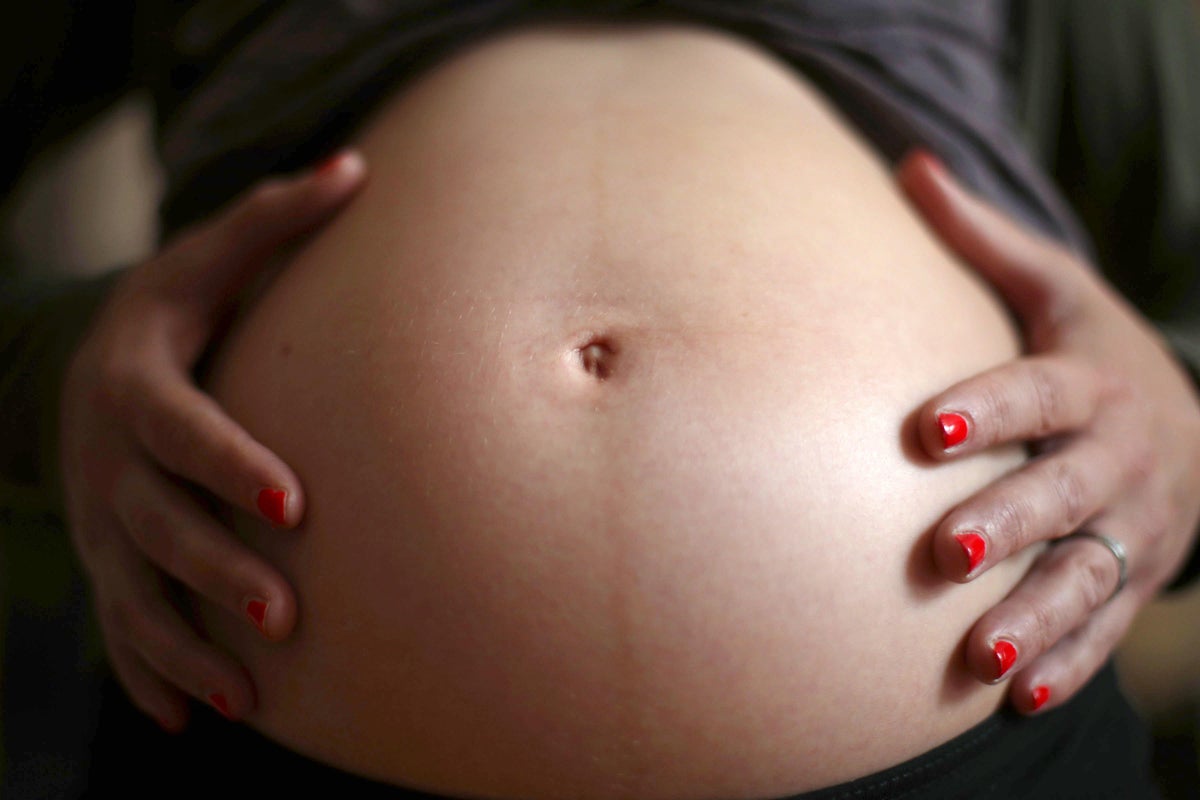
Pregnancy may cause brain changes linked to maternal behaviour like mother-baby bonding and nesting, new research suggests.
According to the study, being pregnant may change the structure and function of the brain.
These changes may contribute to maternal behaviour during pregnancy and for a year after birth.
They could also impact maternal-foetal bonding and the mother’s response to her baby’s cues.
These findings suggest there are selective pregnancy-related modifications in brain structure and function that may facilitate peripartum maternal processes of key relevance to the mother-infant dyad— Study authors
While pregnancy is associated with strong hormone changes, little is known about its effects on brain structure and function in humans, researchers say.
Elseline Hoekzema, from Amsterdam University Medical Centre, and her colleagues examined 40 women before, during and after pregnancy – and a year after birth in 28 of those women.
They found increased connectivity in the Default Mode Network (DMN), a group of interconnected brain regions that are most active when the mother is at rest, associated with pregnancy.
The brain structure and function returned to pre-pregnancy levels a year after birth, the study found.
Additionally, the study indicates an association between DMN functional activity during pregnancy and measures of mother-infant bonding towards the end of a year after childbirth.
Researchers say their findings suggest pregnancy is associated with specific changes to brain structure and function in the DMN.
A potential relationship between this network and maternal behaviours in pregnancy and the postpartum period was also found.
However, the researchers stress a causal link between brain changes and bonding cannot be concluded.
Writing in Nature Communications, the authors say: “These findings suggest there are selective pregnancy-related modifications in brain structure and function that may facilitate peripartum maternal processes of key relevance to the mother-infant dyad.”







